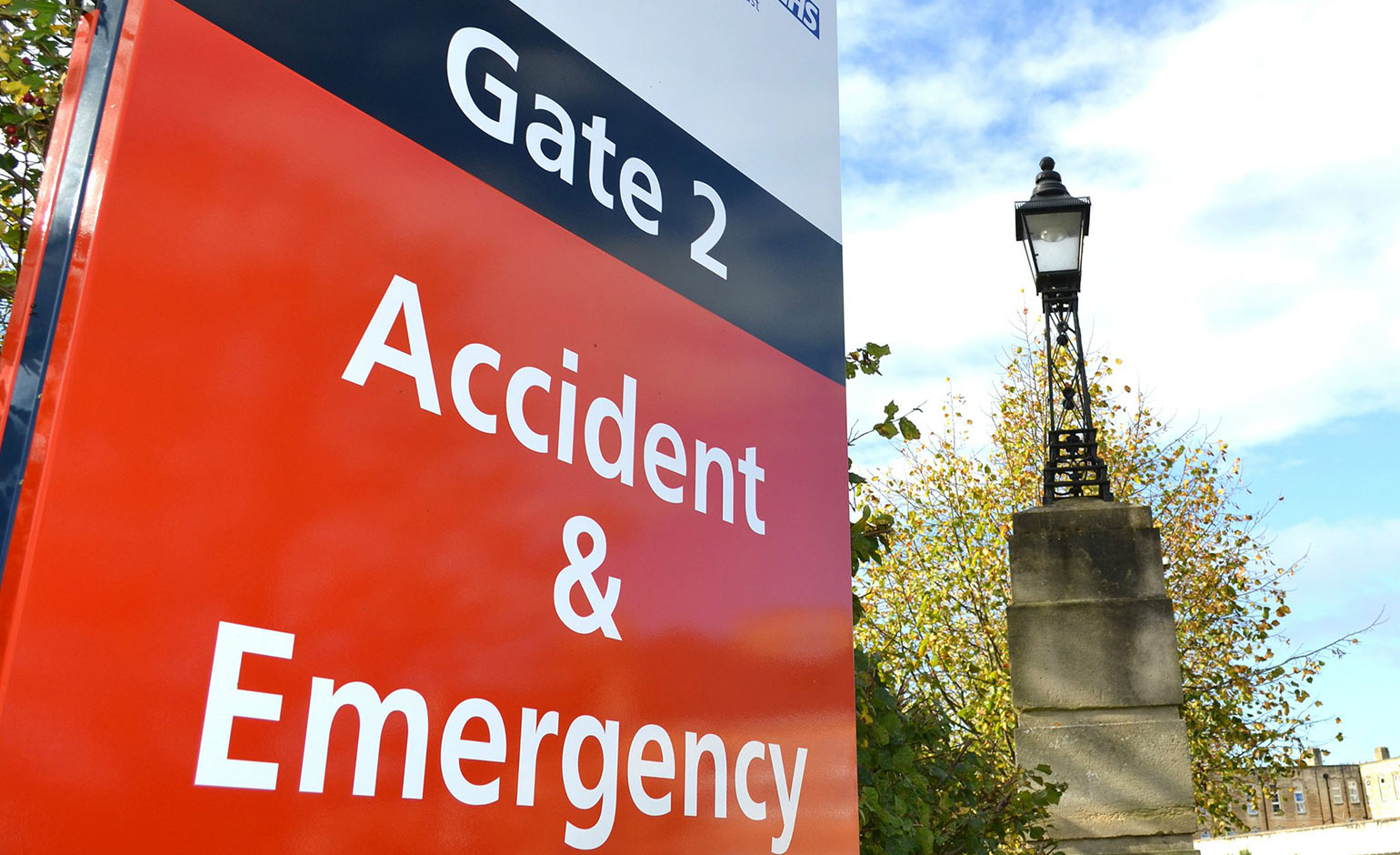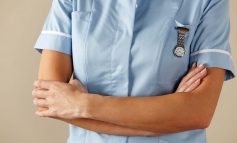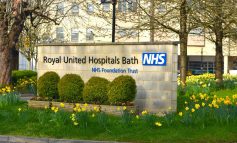Members of the public are being urged to play their part in easing demand on frontline NHS teams following a surge over the past week.

Photo courtesy of the RUH
A number of urgent and emergency services in the region, particularly at the Royal United Hospital in Bath, have experienced significant and sustained demand in recent days.
Ambulances have been queuing up outside Accident & Emergency departments, leading to delays for those needing urgent medical help.
The increase in demand has seen patients experience longer waits for care and staff have had to work around the clock to not only look after those coming into hospital but also ensure those ready to leave can do so quickly and safely.
Teams on the frontline are now asking people to help ease the pressure by choosing the most appropriate healthcare service, should they need help.
Most minor health concerns can be managed effectively at home through rest and with the help of over-the-counter medicine, as well as seeking advice from digital health services such as NHS 111 and the NHS website.
Dr Amanda Webb, Chief Medical Officer, Bath and North East Somerset, Swindon and Wiltshire Integrated Care Board, said: “The last few days have been incredibly busy for health and care services in our region.
“Demand for urgent and emergency care has been much higher than we would normally expect for this time of year and while many of those coming to hospital have a genuine need to do so, some patients could find more appropriate help from elsewhere.
“We kindly ask that any person who finds themselves in need of help takes a few moments to think about what service is right for them, as automatically visiting hospital or calling 999 is not always the best course of action.
“Often, people can get the help they need from within their own home, with the help of a trained pharmacist or through NHS 111, and we would very much encourage our local public to bear these options in mind over the next few days.”
As well as taking steps to avoid visits to hospital, people can also support their local NHS by helping friends and loved ones return home after a stay on a ward.
Simple actions, such as offering lifts, collecting medicine and ensuring a person’s home is fit for their return, can help speed up the hospital discharge process which, in turn, can help new patients in need of a hospital bed to be admitted quicker.



